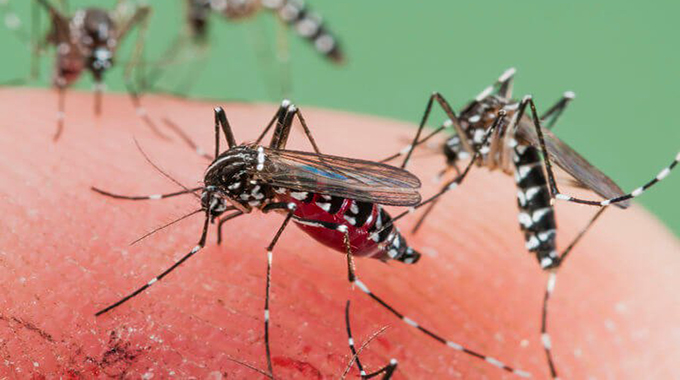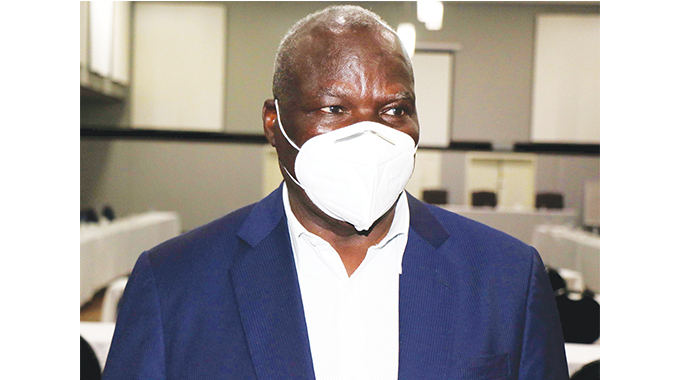Malaria cases increase

Thandeka Moyo-Ndlovu, Health Reporter
ZIMBABWE has recorded a 19 percent increase in Malaria cases, with projections showing new cases may continue on the upward trend due to the Covid-19 disruptions.
According to the recently released Zimbabwe Annual 2019 Report by the Centre of Disease Control and Prevention (CDC), the country recorded 310 000 cases up from 260 000 in 2018,the previous year.
CDC says malaria heavily burdened districts in Zimbabwe include Binga, Gokwe North, Beitbridge, Hwange, Mbire, Rushinga, Mudzi, Nyanga, Mutasa and Chimhanimhani.
The Ministry of Health and Child Care recently said 279 people have died of malaria this year amid reports that 306 365 have been infected so far this year.
In April this year, the deaths stood at 201 with 185 585 cases countrywide.
Most of these deaths were attributed to the emergence of the Covid-19 pandemic which has interfered with the health seeking behaviour of citizens due to lockdown conditions.
Malaria remains one of the world’s leading killers, claiming the life of one child every two minutes. Most of these deaths are in Africa, where more than 250 000 children die from the disease every year.
According to the CDC report, despite the increase recorded last year, the country has made substantial progress in reducing malaria cases.
“The annual number of reported malaria cases has fluctuated between approximately 250,000 and 500,000 cases, with no sustained downward trend. According to our reports, approximately 310,000 malaria cases were reported in 2019, equivalent to an incidence rate of 22 cases per 1,000 people,” read the report
“This represented a 19 percent increase in the number of cases reported in 2018 which stood at approximately 260,000. The number of malaria deaths also rose, from 236 in 2018 to 266 in 2019.”
The CDC report also shows that the U.S. President’s Malaria Initiative (PMI) launched in 2011 had complemented Government’s efforts to further reduce malaria transmission through the National Malaria Control Program.
“The PMI Zimbabwe provides financial and technical support for a wide range of major malaria interventions, including: entomological monitoring, vector control (insecticide-treated mosquito nets and indoor residual spraying, malaria in pregnancy, case management, pharmaceutical and supply chain management. The interventions supported by the PMI also include surveillance, monitoring and evaluation, operational research, social and behavioral change communication.”
According to CDC, the PMI’s provincial and district-level support has helped reduce new malaria cases in heavily burdened districts countrywide.
“Under the strong leadership of the NMCP administered by the Ministry of Health and Child Care, the PMI support contributed greatly to the overall reduction in malaria burden and resources will continue being directed to burdened areas.”
@thamamoe











Comments